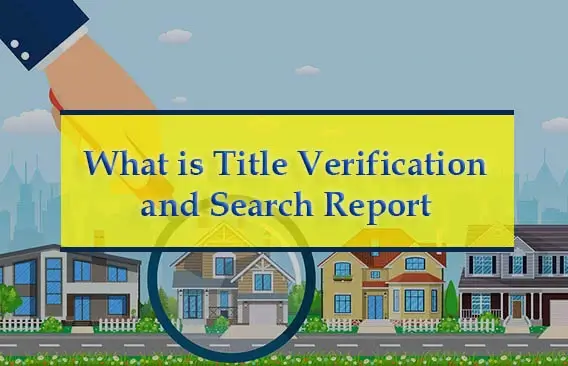When you sell a property, be it a home or land, you have to pay capital gains tax on the same. Capital gains tax is of two types- Short-Term Capital Gains (STCG) for a property held for less than 36 months and Long-Term Capital Gains (LTCG) for above 36 months.
In the case of STCG, the profits generated in the process of selling land is included in the taxable income of the owner and he/she has to pay taxes depending on the income tax slab they fall in for that particular financial year. For LTCG, the current tax rate is 20%.
HOW TO CALCULATE CAPITAL GAINS ON SALE OF LAND?
Here is how you can calculate the capital gains from selling a land-
STCG- Capital Gains Tax
If you are selling the land within 36 months of purchasing it, deduct the acquisition cost, improvement cost (if any), and sale-related expenses from the sale price. This will be your STCG.
Let’s take a look at an example-
Mr. Ansari purchased land in the year 2015. He paid Rs. 10 Lakhs to purchase it. He sold the land in 2016 for Rs. 15 Lakhs. In this case, the profit of Rs. 5 Lakhs will be added to Mr. Ansari’s total income. Tax will be levied based on the tax slab he belongs to.
Calculating tax on STCG is easier. The profit from the sale of land becomes a part of the total income. The income is taxed based on the slab rates.
LTCG- Capital Gains Tax
In LTCG, you can deduct the indexed acquisition and improvement cost from the sale price. This helps in reducing your capital gains as the acquisition or improvement cost gets higher.
An important factor that you need to consider while calculating LTCG is the cost inflation index (CII). The government declares this index every year. CII is a crucial factor in determining the indexed cost of acquisition and improvement.
Cost Inflation Index = Index for the financial year of the transfer/ Index for the financial year of the acquisition
HOW INDEXATION REDUCES TAX
Indexation allows the seller to inflate the purchase cost of the property based on the cost inflation index. It enables the person to set the cost of the property against inflation. Thus, once the purchase price is increased, it gets deducted from the sale price while calculating long-term capital gains. Hence, it lowers the taxable gains.
Let’s take a look at an example-
Mr. Singh purchased a property for Rs. 10 Lakhs in the year 2005.
He sold that property for Rs. 30 Lakhs in the year 2015.
CII in the year 2005 was 480, and in the year 2015, it was 1024.
CII = 1024/480. Thus, CII is 2.13.
Indexed cost of purchase = Cost inflation index x Purchase price. That is 2.13×1000000.
Therefore, the indexed cost of purchase is Rs. 21,30,000.
LTCG = Sale price – Indexed cost. 3000000 – 2130000= 870000.
The tax on LTCG is 20%.
In this situation, the tax will be 20% of 8,70,000. The capital gains tax on sale of land will be Rs. 1,74,000.
Therefore, Mr. Singh must pay Rs. 1,74,000 as tax on LTCG.
Source : Aditya Birla Capital




